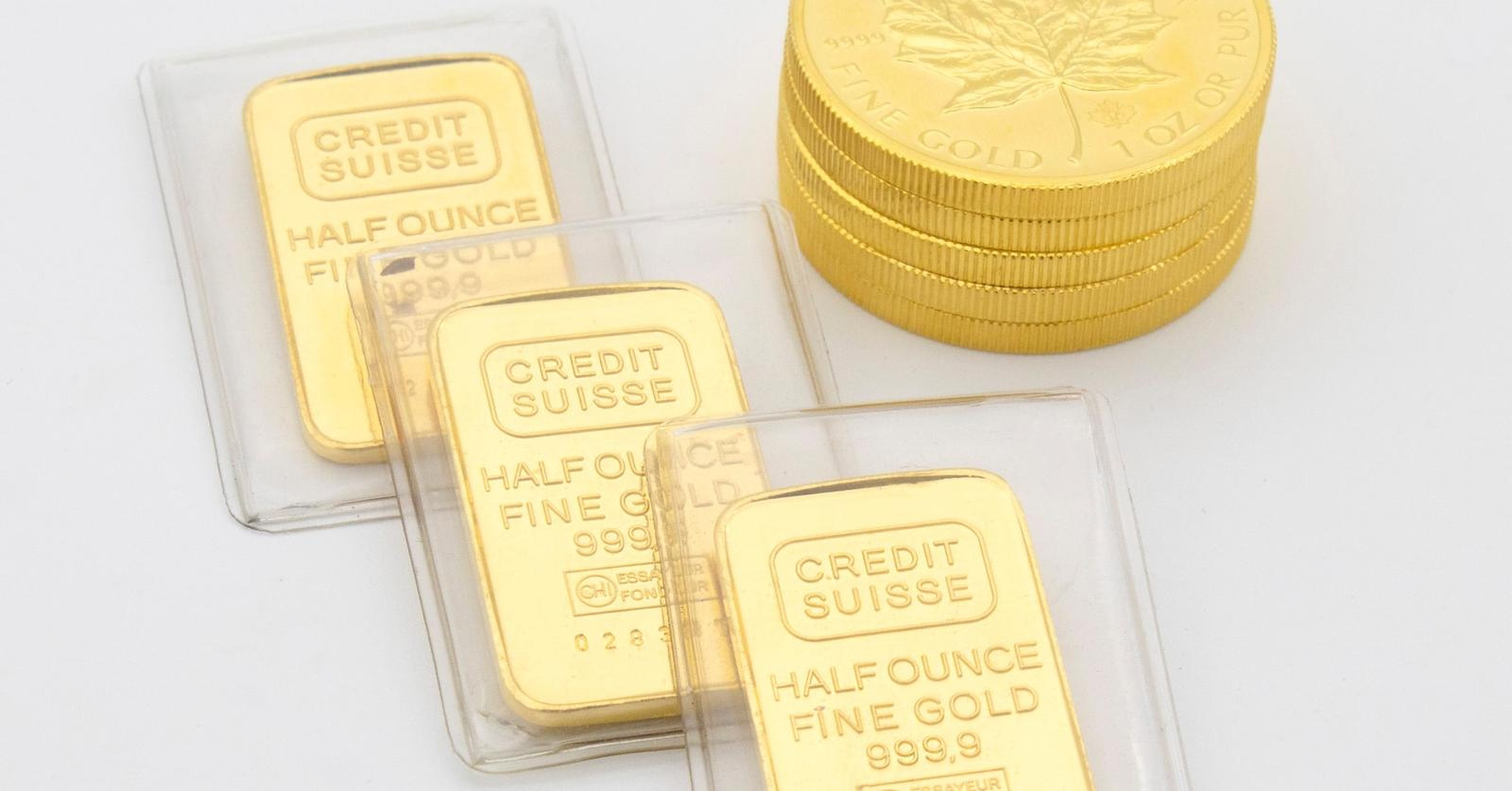CONCLUSION
Gold looks like a good place to be for the next few years.
DRIVERS
Here are some rules for the success of monetary policy, with a recap of where we are now with respect to each of these golden rules.
1. GOLD
At times of global financial shifts and uncertainties, gold has historically proven to be a safe place to store wealth.
The price of gold is rising significantly proof of increasing demand.
2. RESERVE CURRENCY
The country with the world's reserve currency has a great privilege and a great power.
Notably, the power to bully and vassalise weaker economies, and the privilege to borrow from the rest of the world to cheaply finance its deficits.
3. ASSET CLASSES
A country generating a surplus on its balance of payments will need to save this money somewhere, and the world's reserve currency should be a good place to put it.
More specifically, equities have long-run historically given the best return against govt bonds and property and commodities.
While commodities have been a long run hedge against inflation.
4. DIVERSIFICATION
Putting all your savings in one currency, in this case the US dollar treasuries, is a risk.
To mitigate this risk, many govt treasury departments have been diversifying into other currencies, for example by lending to other countries under such schemes as the Belt and Road; or more broadly by giving a greater weighting to stockpiling gold in their central bank vaults; and by buying long-term supply contracts for commodities.
5. STORES OF WEALTH
There is a limited market depth for gold compared to U.S. Treasuries. Shifts from dollars to gold, esp demand from Central banks, will in circumstances of a shortage of supply, significantly driving up gold prices.
The Chinese hold an estimated trillion dollars in U.S treasuries which they may be slowly ridding themselves of. Where to move it?
6. DEBT DEFICIT AND INTEREST RATES
One way to counter unwanted depreciation of a currency is by hiking interest rates.
An erosion of trust in the dollar, a result of a huge and growing U.S. debt, aggravated by asset seizures, is likely to frustrate attempts to reduce interest rates.
The U.S. debt is:
- HUGE the debt-to-GDP ratio is 130% where 60% is generally accepted as the limit for sound technical ¡not random! reasons.
- AND GROWING exponentially as the US needs to finance its deficit of 6% of the budget deficit through more and more borrowing, where 3% is an acceptable prudent manageable maximum limit.
- a bill to seize Russian assets in America is likely to sail through the Senate this week and Europe is likely to follow suit, where the bulk of Russian eurodollars are held.
7. INFLATION
Inflation comes from demand outstripping supply or when there's an inadequate or shrinking supply.
Credit markets are key to demand as demand is mainly financed by borrowing.
So prudent monetary policy is to increase interest rates to make money more expensive and dampen down demand.
Yet higher interest rates are needed to maintain the value of the currency, since it will keep down the cost of imports and inflation; but higher interest rates also drive down exports and risk crashing the home economy.
These struggles to control inflation - which against expectations looks to remain higher than target - need higher interest rates, further complicating the economic outlook.
CONCLUSION
Between all the global geopolitical struggles and the struggles with debt and inflation, higher interest rates are needed to defend the currency.
Higher interest rates, "higher for longer", are needed, putting downward pressure on GDP growth and the value of treasuries and equities and more significantly higher interest rates will crash the economy.
Yet without higher interest rates who is going to buy American treasuries given the new and significant risks of the American government not redeeming its debt? Without borrowing, how will the government continue to finance its operations and foreign policy (note that unlike Japan, most American govt debt is held by foreigners)?
The consequences of seizing the savings of foreign powers, and candidate Trump threatening to devalue the dollar, can only mean rising economic pressures on ithe dollar and very real concerns over its stability and future value.
The attractiveness of gold and other commodities as secure stores of wealth is intensifying.
RECOMMENDATIONS
For these reasons, it might be prudent to shift investment strategies away from dollar-based assets, into physical assets, and favour a tilt towards gold and commodities and quality properties in quality locations.










0 comments:
Post a Comment
Keep it clean, keep it lean